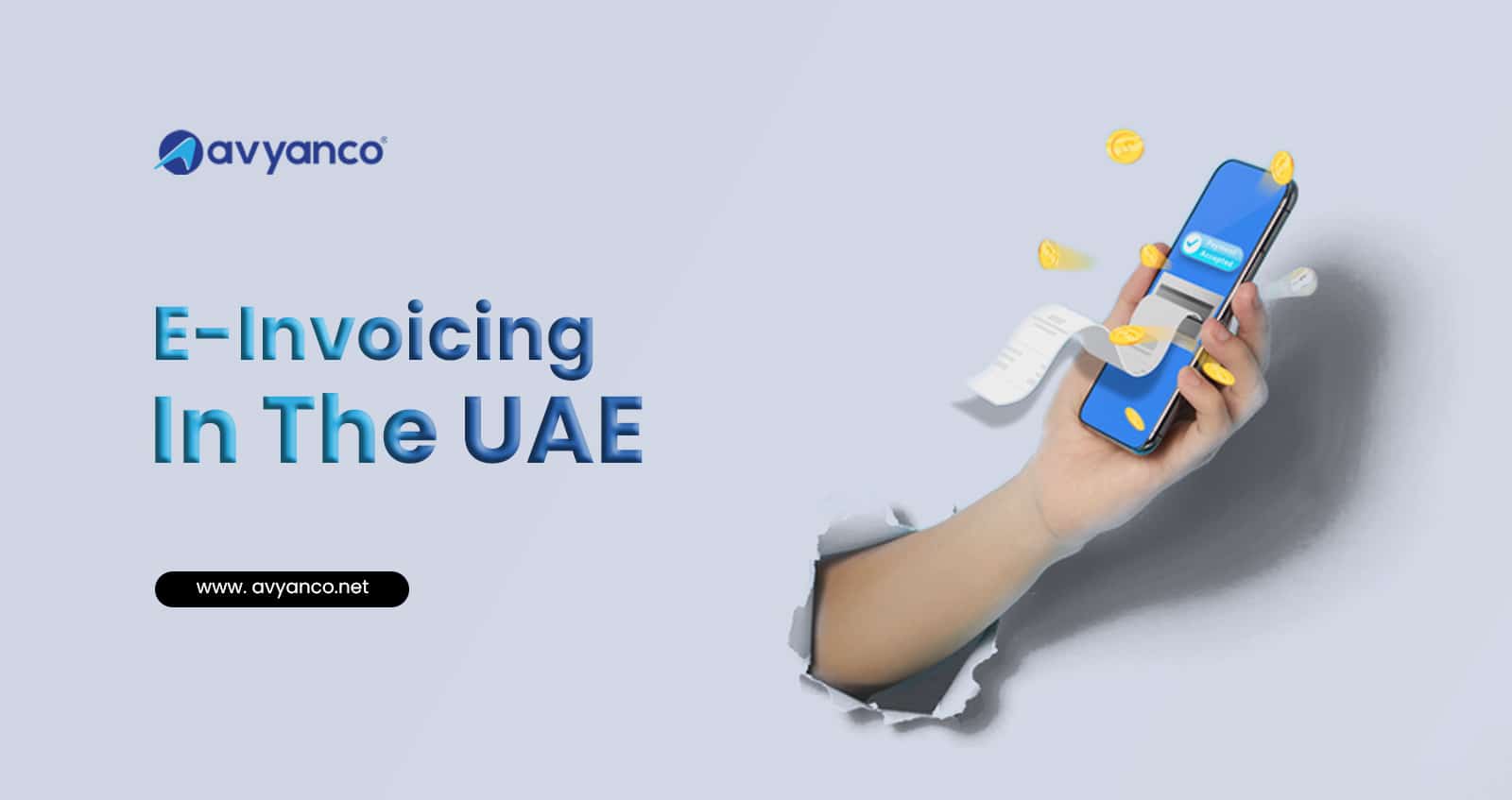
A New Era of Compliance : Ministry of Finance Announces Introduction of E-Invoicing
The UAE is set to launch a new e-invoicing that will revolutionize invoicing practices across the nation. It would help with enhancing transparency, tackling tax avoidance, and contributing to the process of making the economy more digital.
Here’s a closer look at what’s coming:
What is e-Invoicing?
E-invoicing is the exchange of invoices in a structured form readable by both the supplier and the buyer for automation of invoice processing. Contrary to the e-Invoices’ opponents who see e-Invoices as unstructured documents rather than an A/P clip system PDFs or e-mail attachments or scanned paper invoices and thereby, able to make transactions only between systems and not people – making transactions easier, faster, and accurate.
A Global Shift Toward Digital Invoicing
In the global market, electronic invoicing is expanding fast; there is an annual growth in its usage of 20%. The UAE is already aspiring to take a leading role in this area. The goal of the e-Invoicing program is to:
- Increase transparency and improve compliance
- Reduce errors and human intervention in the invoicing process
- Boost the UAE’s economic growth by improving cost efficiency and optimizing business operations
- Enhance the taxpayer experience by simplifying invoicing and reporting
- Maximize government revenue collection and reduce the tax gap
The UAE’s e-Invoicing Model
The UAE will use the Decentralized Continuous Transaction Control and Exchange (DCTCE) known as the 5-corner model. Here’s how it will work:
- Invoice Data Entry: The suppliers will enter invoice data directly into systems of their choice.
- Validation & Transmission: The invoice will be checked by the accredited service providers or the SPs and then it will be transmitted to the buyer’s service provider.
- Confirmation: The supplier’s SP confirms the buyer’s details via the OpenPeppol directory.
- Invoice Delivery: The buyer’s SP delivers the invoice data in the required format to the buyer.
- Data Reporting: The service providers will report the invoice data to the Federal Tax Authority (FTA) for oversight and regulatory compliance.
By guaranteeing the process is secure and conforms to the regulations, this model will change the UAE’s tax structure to be more transparent and to process invoices in real time.
When Will It Happen?
The program will roll out in phases:
Q4 2024: Accreditation requirements for service providers and the development of the UAE Data Dictionary will be finalized.
Q2 2025: The e-invoicing legislation will be introduced.
July 2026: Full implementation will go live, making e-invoicing mandatory for all businesses.
To ensure a smooth transition, businesses are encouraged to start preparing now. This includes selecting accredited service providers, upgrading systems, and participating in testing to be ready for mandatory compliance by 2026.
What This Means for Businesses
The recently launched e-invoicing program in the UAE is designed to revolutionize the approach that companies take in managing their invoices—streamlining the process, increasing efficiency, and ensuring complete legal compliance. With such a change, there is a guarantee that the process of issuing and utilizing invoices results in organizational growth and minimal risks.
Now’s the time to start preparing, so you’re ahead of the curve when the 2026 deadline arrives.
The process of migrating e-invoicing in the UAE is progressing pretty well, and the countdown has begun! Since e-invoicing has now become compulsory, it is high time for companies to start preparing for a better future in automation.
At Avyanco Auditing LLC, we are here to assist you in making this transition. We provide custom solutions for your specific invoicing needs, including compliance and effectiveness in any business field.
Let’s embrace this digital shift together and set your business up for success in the new era of invoicing!

